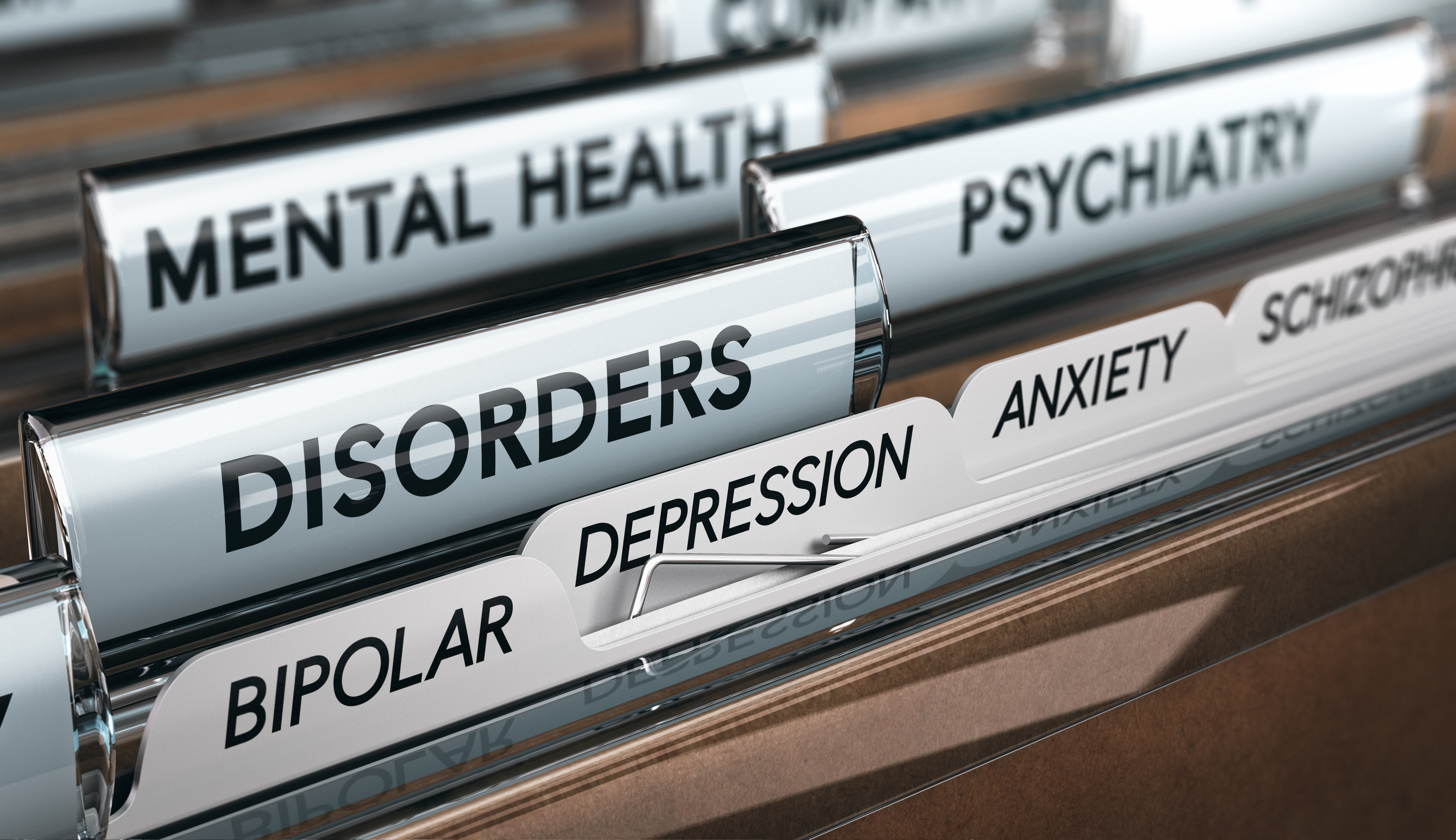Alabama’s mental health system is in crisis.
In a budget hearing last week, Alabama Department of Mental Health Commissioner Kim Boswell told the joint committee on finances and budgets that workforce shortages are the top concern for the department, and requested a $30.6 million increase from the general fund to help shore up that gap.
“There is more demand for behavioral health treatment than there is workforce to deliver the services,” Boswell said.
One of the priorities Boswell highlighted is aligning wages across programs to prevent entities within the department from competing for staff.
Alabama already ranked last in the nation in availability of mental health care providers before the Covid-19 pandemic, with 1 provider per 1,260 people. Boswell said the pandemic only increased demand while also exacerbating workforce shortages.
Community mental health center and substance abuse providers face another massive hurdle as well, Boswell said: uncompensated care.
“Currently mental health providers are delivering $41 million worth of uncompensated care and substance use providers are delivering $8 million worth of uncompensated care,” Boswell said.
This has forced providers to run long waiting lists and pay below-market wages in order to serve individuals with no ability to pay, which represent 45 percent of the people the department serves.
“That business model will simply not work for us anymore,” Boswell said.
Vacancies at community health centers have increased from 741 in 2020 to 1,168 in January of 2023.
Boswell requested $15.5 million for mental health services and $4 million for substance use services to meet those needs.
Boswell also requested $5.1 million to reduce the developmental disabilities wait list, $3.5 million for crisis centers and teams, $1.1 million for prevention services, and $500,000 for an autism pilot program.
One win for the department has been the 988 suicide hotline, which has had improved federal resources and has become more easily accessible for citizens nationwide.
“It’s a huge progress in terms of access to care because people can dial that number and get help,” Boswell said. “So someone is able to call our mobile crisis teams. As many of you know, this has been our rural model and it has been very effective in communities where transportation is an issue.”





















































